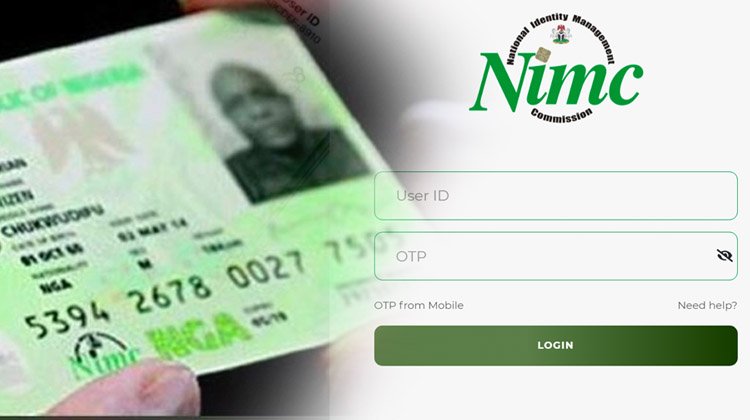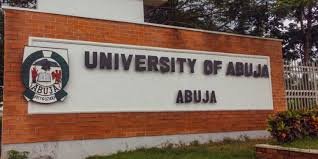A robust National Identity Management System is crucial for ensuring inclusivity in social welfare opportunities and access to essential services for all individuals, irrespective of their background. Nigeria’s demographic complexity, with a diverse population of over 220 million people, highlights the need for efficient implementation of the National Identity Management System (NIMS) to support inclusive socioeconomic development.
The establishment of the National Identity Management Commission in 2007 marked a significant step towards integrating identity databases and issuing National Identification Numbers (NIN) in Nigeria. The NIMC has made strides in enrolling millions of individuals for NIN, with strategic partnerships driving enrollment efforts and enhancing identity verification for government initiatives.
Partnerships like the one between NIMC and the Bank of Industry have been instrumental in ensuring transparency in government intervention programs by utilizing the NIN Verification Service. This collaboration showcases the importance of NIN in facilitating the effective implementation of social welfare programs and broader socioeconomic inclusion efforts in Nigeria.
The integration of NIN with bank accounts has streamlined processes like loan disbursements and cash transfers, increasing transparency and efficiency in distributing aid. This integration, coupled with the extensive data collected through NIN registration, enables the government to target vulnerable populations accurately and maximize the impact of social welfare programs.
By leveraging the data from NIN registration, Nigeria can identify and support marginalized groups effectively, preventing resource misallocation and ensuring equitable distribution of relief efforts. The NIN system plays a vital role in driving inclusive growth and sustainable development by providing the government with the necessary tools to deliver essential services to those in need efficiently.
Overall, the NIN is a critical enabler of Nigeria’s socioeconomic inclusion programs, enhancing transparency, efficiency, and equity in relief efforts and essential service delivery across the country.













Leave a Reply